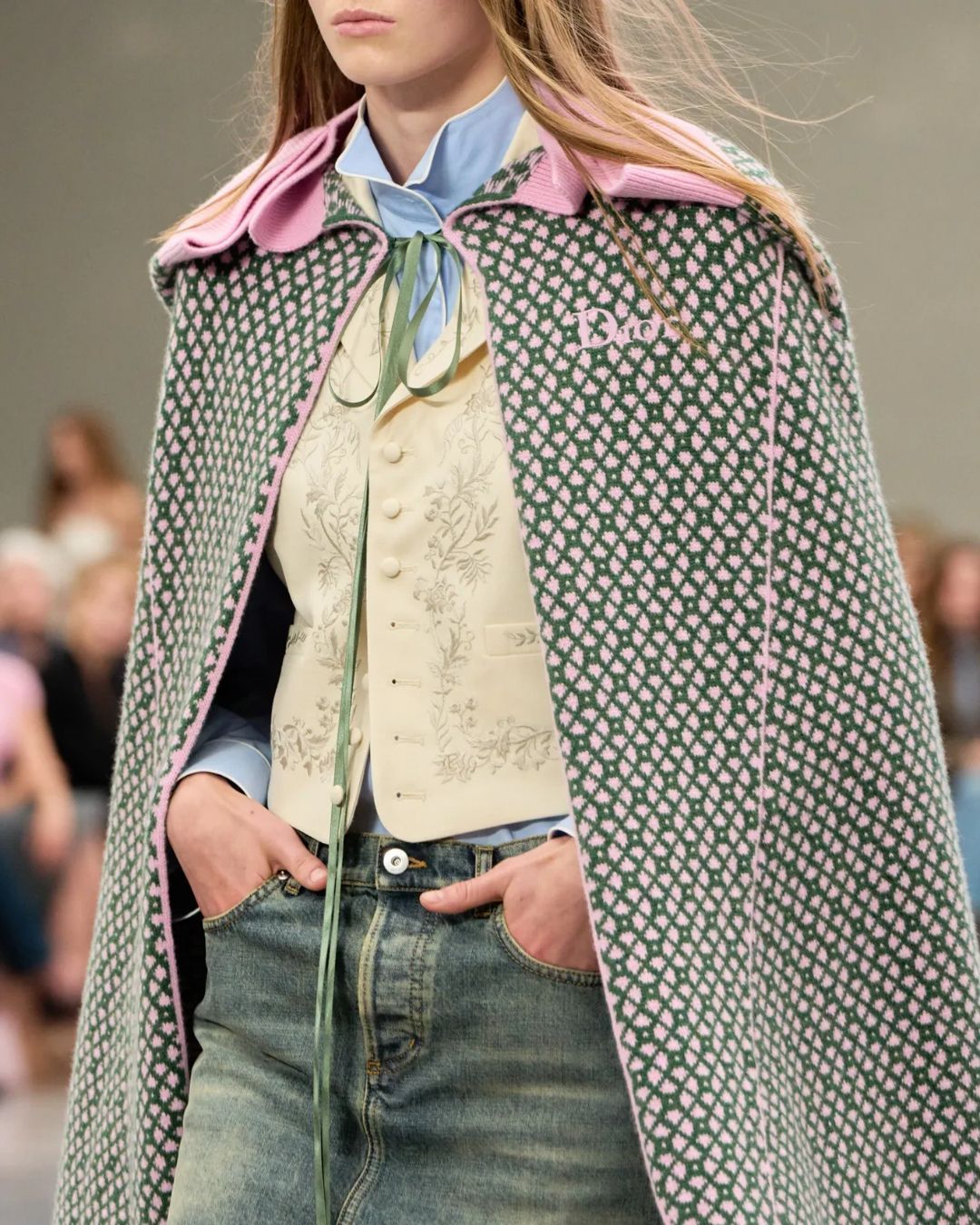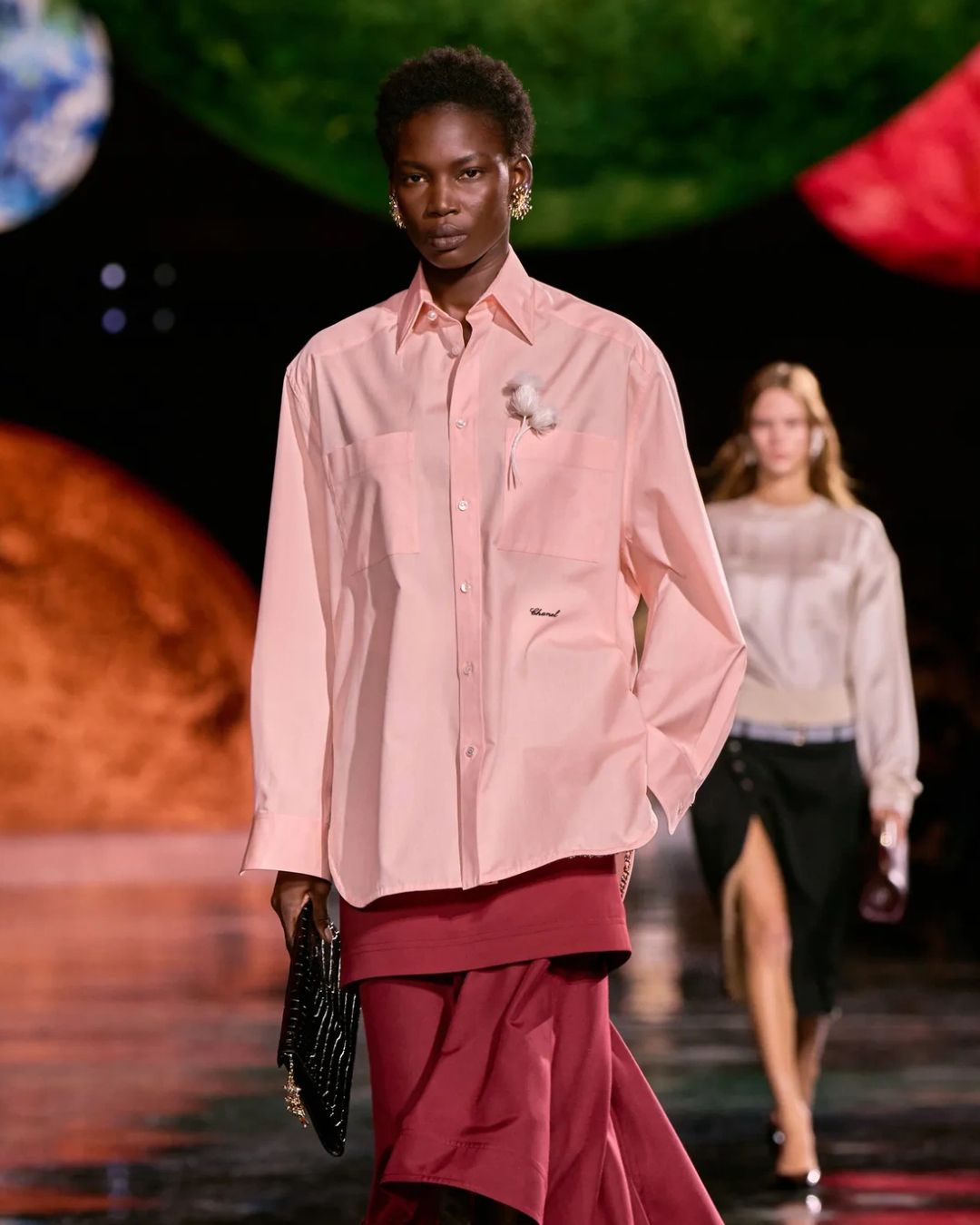
How much do Chanel's owners earn? Spoiler: obscenely much
The financial success of Chanel, one of the world's most iconic luxury brands, has led to substantial gains for its owners, the Wertheimer family. Over the past three years, Alain and Gérard Wertheimer, grandsons of one of Coco Chanel's original partners, have received over $12 billion in dividends from the fashion house. Although the Wertheimer family has always enjoyed high dividends generated by Chanel, 2023 marked the highest annual payout since Chanel began publishing its results in London six years ago. The dividends over the past three years are as follows: $5.7 billion in 2023, $1.7 billion in 2022, and $5 billion in 2021. These figures amount to a staggering total of $12.4 billion in just three years. The payments have significantly increased the Wertheimers' net worth, contributing to a 19% increase in their collective wealth over the past year, bringing their total wealth to around $108 billion.
The Wertheimers have not confined their investments solely to the luxury fashion sector. Through their family office, Mousse Partners, they have widely diversified their portfolio. In recent years, Mousse Partners has invested in various sectors, including health with Brightside Health and Thirty Madison, technology and biotechnology with Brandtech Group and Evolved by Nature, and finance by participating in the delisting of Rothschild & Co. These strategic investments highlight the Wertheimers' efforts to diversify their wealth beyond the fashion industry, ensuring a more stable and robust financial future. Another factor contributing to the Wertheimers' substantial earnings is the strategic geographical structure of their empire. Chanel is based in the United Kingdom, which typically does not impose withholding taxes on dividends paid to foreign entities. Meanwhile, the Wertheimers' holding company for Chanel is based in the Cayman Islands, where dividends are not taxed. This structure allows the family to efficiently maximize their earnings from Chanel's profits.
Every-time I read about Chanel and how the Wertheimer family initially gave her 10% of the rights to her brand when she came with all the ideas, clients and public interest - it reminds me to never settle.
— Odunayo Ojo (@fashionroadman) February 12, 2024
Chanel's recent announcement regarding the departure of Virginie Viard, who has been with the brand for over three decades, marks the end of an era. This transition in leadership could bring new directions for the brand, but the financial foundation built over recent years provides a solid base for future growth. Regardless, the Wertheimer family's earnings from Chanel highlight the lucrative nature of a business structure that has made the brand not only a formidable market presence but also the importance of a business model where product and strategy decisively trump creativity in a narrow sense. It is no coincidence that the Wertheimers have consolidated their position among the world's wealthiest individuals.















































